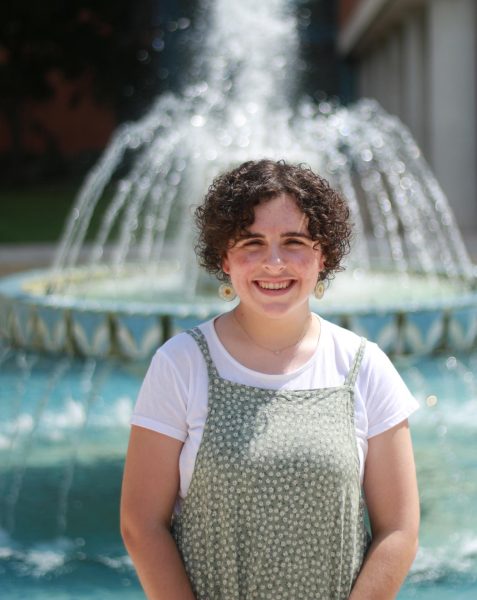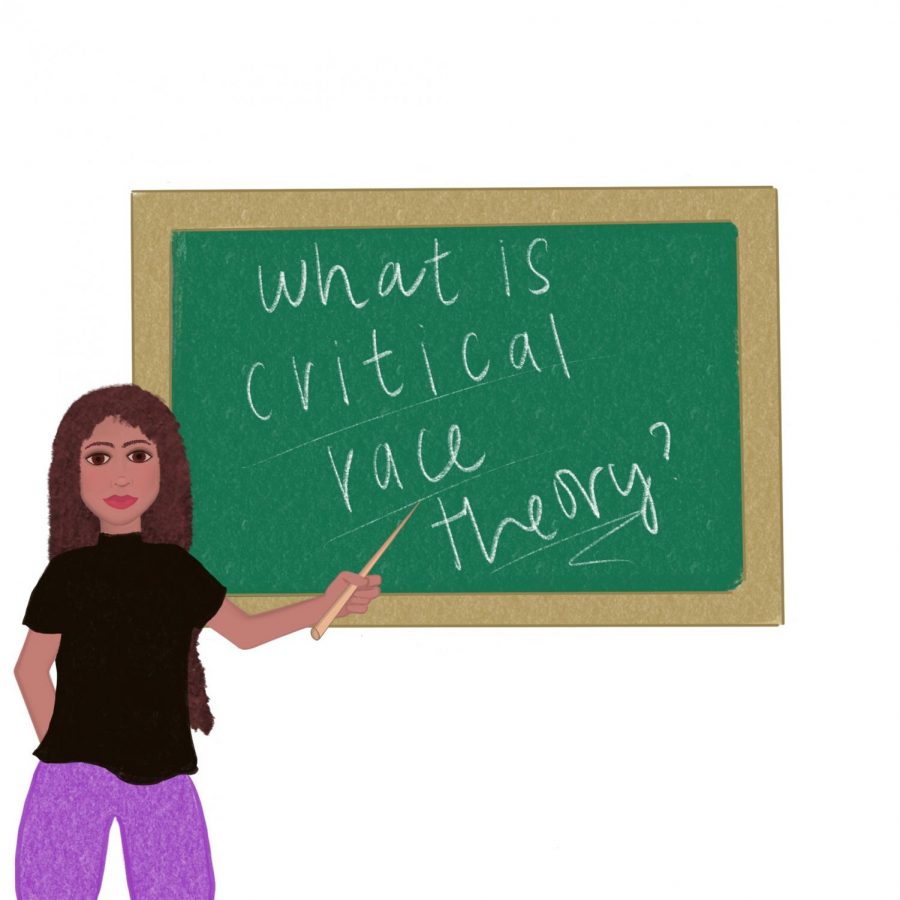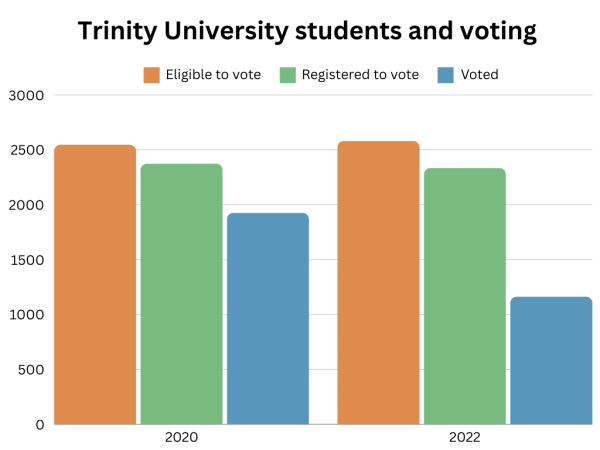There’s no need to panic about “critical race theory” being taught in schools
This summer, Governor Greg Abbott signed a bill that limits the ability of Texas teachers to discuss certain issues in current events and in history. The bill places restrictions on civics education, stipulating the way that current events can be talked about (if they are talked about at all) and prohibiting students from getting extra credit for participating in civic activities. This bill, and similar ones in states like Idaho and Tennessee, have one main target: critical race theory, an academic framework that examines systemic racism.
Not long after, the Texas Senate passed legislation that removed requirements for public schools to teach lessons on several civil rights issues. No longer included in the curriculum would be the works of Susan B. Anthony, Cesar Chavez and even Martin Luther King Jr., and gone would be the requirement to teach students about the history of white supremacy (including the Ku Klux Klan) and “the ways in which it is morally wrong.” Combined, these bills set a dangerous precedent for censoring history and tampering with students’ civic knowledge and engagement, all based on a flawed premise that children aren’t capable of reconciling with difficult topics.
The idea of critical race theory (CRT) is often used as a sort of boogeyman by conservatives, depicted as un-American propaganda insinuating that America has racist foundations. They fear that schools are attempting to “indoctrinate” children. As Republican Lt. Governor Dan Patrick explained in support of the legislation, “Parents want their students to learn how to think critically, not be indoctrinated by the ridiculous leftist narrative that America and our constitution are rooted in racism.”
However, this idea of CRT could not be further from the truth. CRT, which doesn’t even really have a precise, agreed-upon definition, centers around the idea that race is a social construct, and that racism is embedded in policies and legal systems rather than being just the product of individual prejudice. It is not intentionally divisive or attempting to spread any sort of propaganda; it’s just a tool for academic analysis.
The bills show a fundamental misunderstanding of CRT, as seen in the wording of a particular section describing a list of concepts that shouldn’t be made part of any courses. Among them are the concepts that “an individual, by virtue of his or her race or sex, is inherently racist, sexist, or oppressive, whether consciously or unconsciously” and “an individual, by virtue of his or her race or sex, bears responsibility for actions committed in the past by other members of the same race or sex.”
Underlying these bills is this fear that children will be made to feel bad for the sins of their ancestors, that they’re being told in schools that they’re bad people because they were born white (which, as someone who went to school in a red state, I can say is NOT something legislators in Texas need to worry about).
To see the fear that guides legislation like this, we can look at my home school district of Williamson County in Tennessee, where there is a very similar CRT law. The group Moms for Liberty is using the law to go after the Wit & Wisdom reading program, which includes works on Martin Luther King, Ruby Bridges and a story about segregation in California. The leader of Moms for Liberty in Williamson County, Robin Steenman, explained that “you start going through the books and see there’s a definite slant, a constant drumming into the child that white people are bad, and that’s just day after day after day for nine weeks and there’s never a part about redemption, all the strides we have made since then.”
For all of this talk about curricula like Wit & Wisdom making white children feel ashamed of themselves, nearly all of the evidence is anecdotal. Steenman said she read a letter from the parents of a biracial child, who said that the curriculum made their child ashamed to be American. Proponents of the legislation cited an incident in which an anonymous 7-year-old came home and asked his/her mother if she was a racist to defend their stance. Moreover, these proponents cited no examples of schools where CRT was being taught, and the Tennessee Department of Education had not received any complaints about it.
People have long used children as an excuse to allow harmful social issues to continue, saying that they wouldn’t be able to handle learning about hard-to-swallow topics. Children, I think, are a lot tougher than people give them credit for, and it’s clear that their parents are really the ones with a problem. Children need to learn about the unsavory things in their world, and it’s best that they learn in a school environment rather than the internet.
It’s good for their development to learn to come to terms with difficult issues, and it’s good for the world to have well-informed generations of students. Not to mention, children of color don’t get the chance to avoid coming to terms with the racism in our society.
History is uncomfortable; so is talking about current, controversial civil topics. This doesn’t mean that they’re not important. In fact, it’s a large part of the reason why they are. As the old adage goes, those who fail to learn from history are doomed to repeat it. We must get comfortable with being uncomfortable and admit that America has always had flaws if we are ever going to build a better future for ourselves.

Hello! My name is Sarah, and I'm a senior from Nashville, TN majoring in communication and Spanish with a minor in history. I've been with the Trinitonian...






